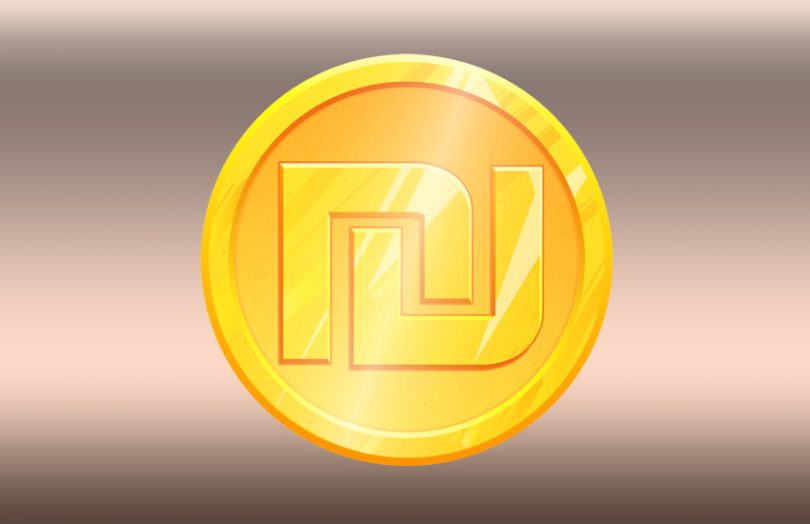Today the Bank of Israel released a working paper on a central bank digital currency (CBDC) intended as a basis for discussion and feedback. The Bank emphasized it has not yet made a decision to launch a digital shekel but is creating an action plan to be prepared if the benefits start to outweigh the risks.
Numerous central banks worldwide are exploring the topic with increased zeal, which appears to be the main trigger behind the publication of the Bank’s document.
It includes a draft model of a potential CBDC, which is similar to many proposed around the world. There would be a two-tier model in which the central bank issues a digital currency, but it is distributed via payment service providers. The digital shekel will always be a liability of the central bank, and its core systems may be centralized or use distributed ledger technology (DLT).
Payment providers will provide enhanced functionality such as the technology for programmable money.
One aspect which is a little different is the definition of payment providers. As one might expect, this includes banks, credit card companies and fintechs. However, additionally, the Bank had a reference to technology firms from Israel or abroad.
While the latter may seem obvious, to date, other central banks have been wary about bigtech network effects and particularly Facebook’s involvement in Neo (formerly Libra). Because of the sheer scale, there are potential economic risks, but perhaps more importantly, the risk of a bigtech firm usurping the power of a central bank.
Anti money laundering (AML) requirements and tax collection needs dictate that the CBDC will not provide absolute privacy. However, there will be “various levels of privacy vis-à-vis payment providers and commercial entities”.
Payment costs will be negligible and people will be able to pay when offline. Initially, the digital currency will not be interest-bearing and the Bank will set limits on the amounts that can be held. It’s intended that the digital shekel will be capable of conversion into another CBDC.
As many other central banks have concluded, the Bank of Israel says it may be possible to achieve the benefits of a CBDC by upgrading existing payment systems.
Meanwhile, around the world, several CBDC initiatives are moving forward. Norway is one of the countries to say it will start testing technical CDBC solutions. Various private players in Korea are positioning themselves to participate in a CBDC, including Klaytn and Shinhan Bank. And China’s digital yuan pilots continue to expand, add new hardware options and progress towards launch.







